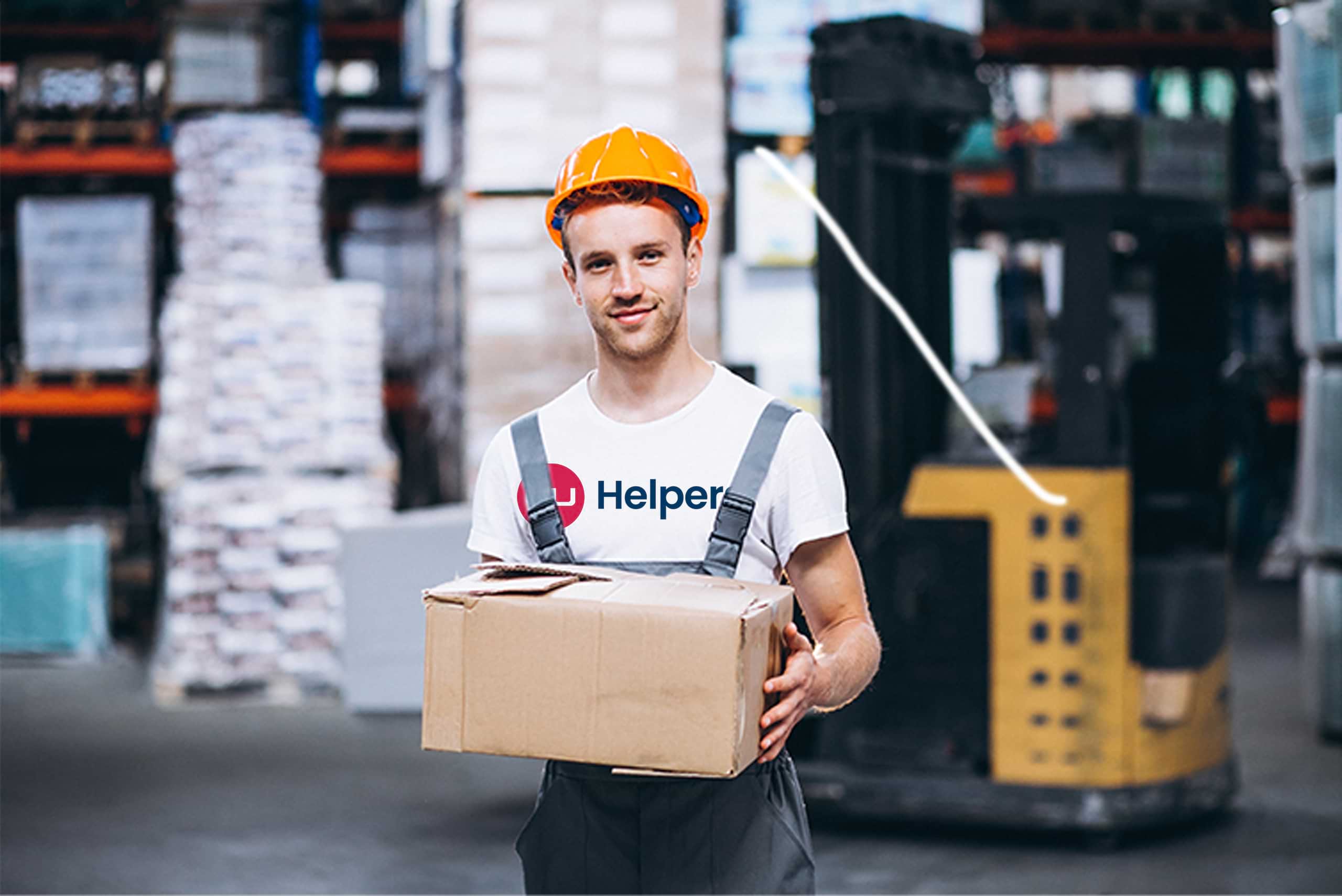Work in Slovenia

Slovenia: Europe's Hidden Gem for Work, Play, and Natural Beauty
Slovenia, a beautiful country located in Central Europe, boasts a rich history, stunning natural landscapes, and a thriving economy. With a population of approximately 2 million people, Slovenia is known for its political stability, high standard of living, and strong commitment to environmental sustainability. The official language is Slovene, and the currency is the Euro (EUR).
Benefits of Working in Slovenia:
- Strong Economy: Slovenia has a stable and growing economy, making it an attractive destination for job seekers. It is a member of the Eurozone and has a robust industrial and service sector.
- Quality of Life: The country offers an excellent quality of life with clean air, beautiful landscapes, and a well-developed infrastructure.
- Work-Life Balance: Slovenians value work-life balance, and many companies offer flexible working hours to promote this balance.
- Healthcare: Slovenia has a high-quality healthcare system that is accessible to both citizens and foreigners.
- Education: The country has a well-regarded education system, making it an attractive place for families.
Job Market:
Slovenia has a diverse job market with opportunities in various sectors such as manufacturing, information technology, finance, tourism, and healthcare. The country's workforce is well-educated, and there's a demand for skilled professionals in fields like engineering, IT, and finance. It's essential to have a good command of the Slovenian language for many job opportunities, but in international companies or roles, English may be sufficient.
Employee Benefits:
Employment in Slovenia comes with several benefits, which may include:
- Health Insurance: Slovenian employers are required to provide health insurance to employees, ensuring that they have access to the healthcare system.
- Paid Leave: Employees are entitled to paid annual leave, sick leave, and maternity/paternity leave.
- Pension System: Slovenia has a well-structured pension system, with both state and private pension schemes.
- Social Security: Employees and employers contribute to the social security system, providing benefits in case of unemployment, disability, or other contingencies.
- Paid Holidays: Slovenian workers enjoy paid public holidays, including Christmas, New Year's Day, and Independence Day.
Types of Visas and Work Permits:
If you are a non-EU citizen, you will generally need a visa and work permit to work in Slovenia. There are different types of visas and permits:
- Short-Term Visa (Type C): For stays of up to 90 days within a 180-day period for business purposes. It does not grant the right to work.
- Long-Term Visa (Type D): This visa allows you to enter Slovenia for the purpose of employment, and it is typically issued for up to one year.
- Work Permit: A work permit is required to legally work in Slovenia. Your employer usually applies for it on your behalf.
- EU Blue Card: If you are a highly skilled non-EU worker, you may be eligible for the EU Blue Card, which provides various benefits and easier access to the EU job market.
Visa and Work Permit Requirements:
Requirements for obtaining a visa and work permit in Slovenia typically include:
- Employment Contract: You will need an offer of employment from a Slovenian employer.
- Valid Passport: Your passport should be valid for at least three months beyond your intended departure date from Slovenia.
- Proof of Funds: You may need to demonstrate that you have enough funds to support yourself during your stay.
- Health Insurance: Proof of health insurance coverage is typically required.
- Background Check: Some permits may require a clean criminal record.
- Application Fee: You'll need to pay a fee for visa and permit applications.
Healthcare System:
Slovenia has a universal healthcare system that provides comprehensive healthcare services to all residents, including foreigners with legal status. Health insurance is mandatory, and it is typically provided through employment. The healthcare system is known for its high quality and accessibility.
Housing and Housing Eligibility:
Housing in Slovenia can vary from urban apartments to rural homes. Eligibility for certain types of housing may depend on your residency status, income, and family situation. It's common to rent, and there are various options, from single-room apartments to family houses.
Living and Lifestyle:
Living in Slovenia offers a mix of urban and rural experiences. Ljubljana, the capital city, is known for its vibrant cultural scene, while the countryside provides a peaceful and scenic environment. Slovenians enjoy outdoor activities like hiking, skiing, and cycling. The cuisine is diverse, with influences from Italian, Austrian, and Balkan cuisine. It's a safe country with a strong sense of community.
Tax System:
Slovenia has a progressive tax system with several tax rates. The income tax rate varies depending on your income level, with higher rates for higher incomes. The standard VAT rate is 22%, and there are reduced rates for specific goods and services. Slovenia also has tax treaties with many countries to avoid double taxation for foreign workers.
In conclusion, Slovenia is an attractive destination for those seeking a high quality of life, a strong economy, and a diverse job market. Its healthcare system, education, and employee benefits contribute to a well-rounded lifestyle. However, to work in Slovenia as a non-EU citizen, it's essential to navigate the visa and work permit requirements diligently. The housing market and the living experience can be rewarding, and the tax system is designed to be fair and transparent. For a more detailed understanding of each aspect, consider consulting with relevant authorities and conducting further research.
